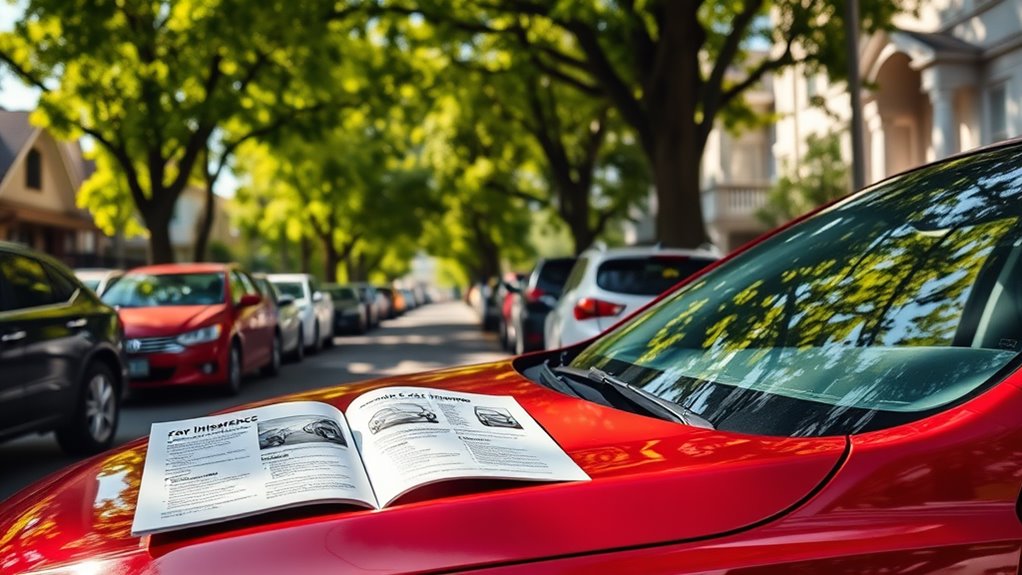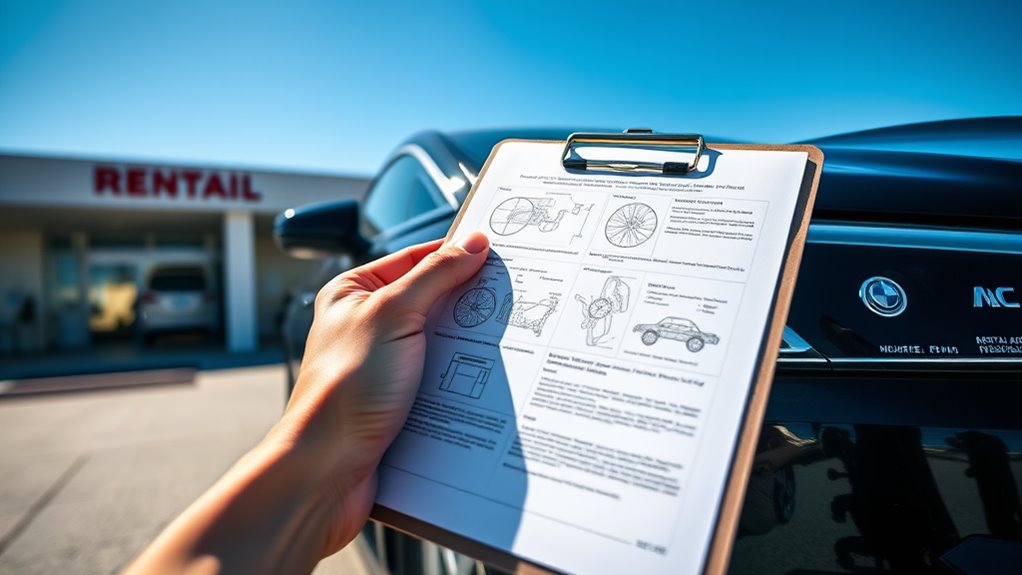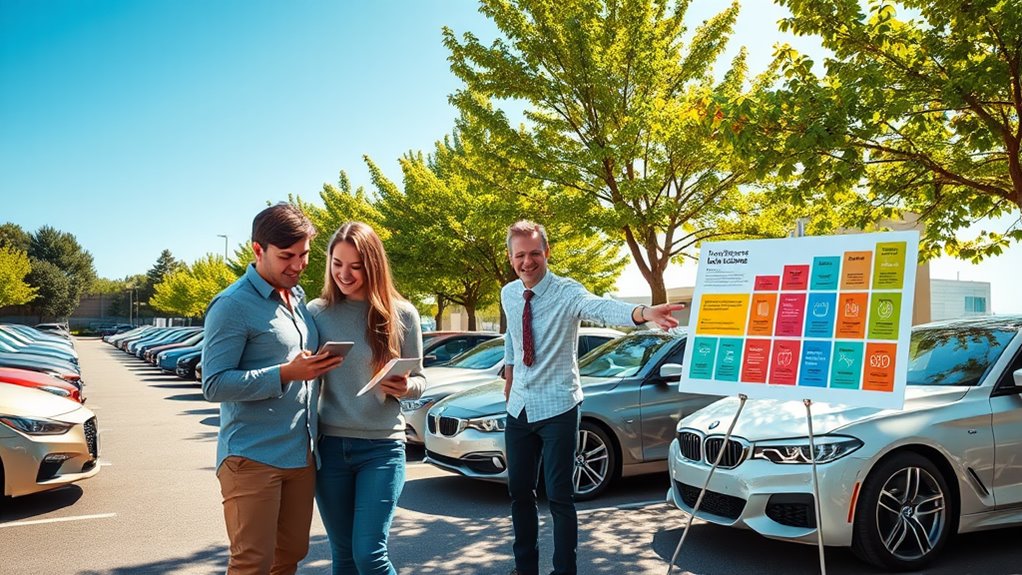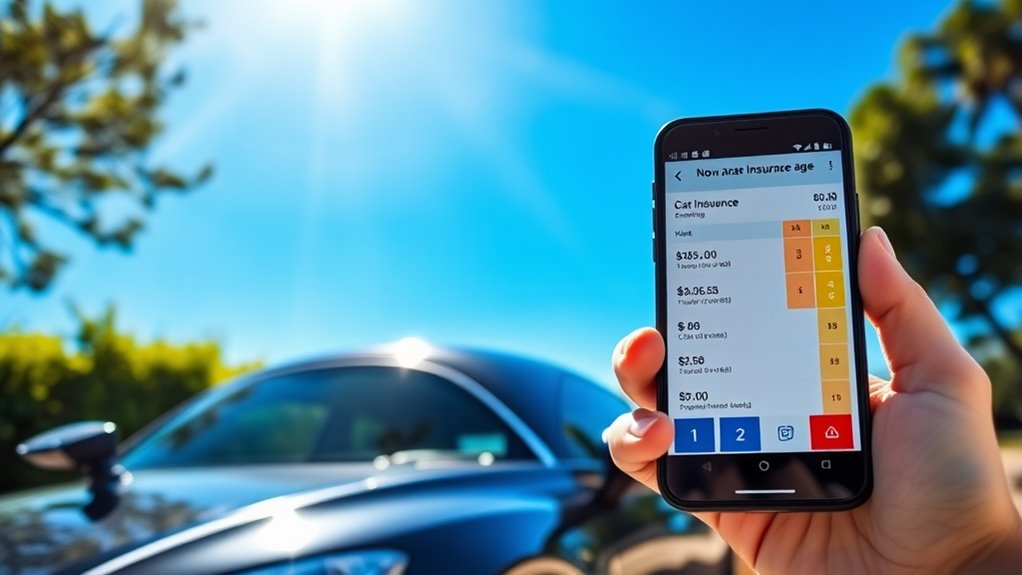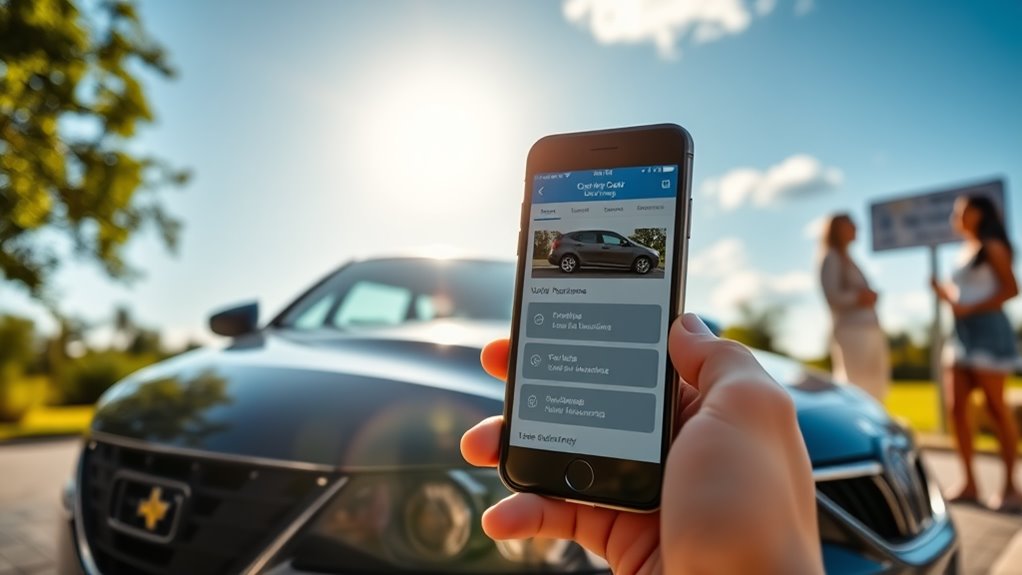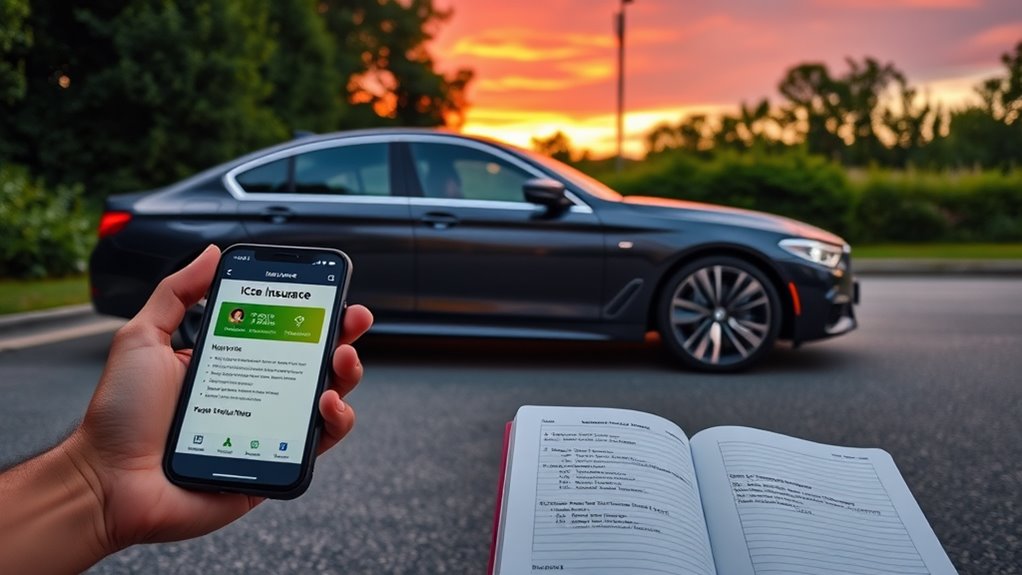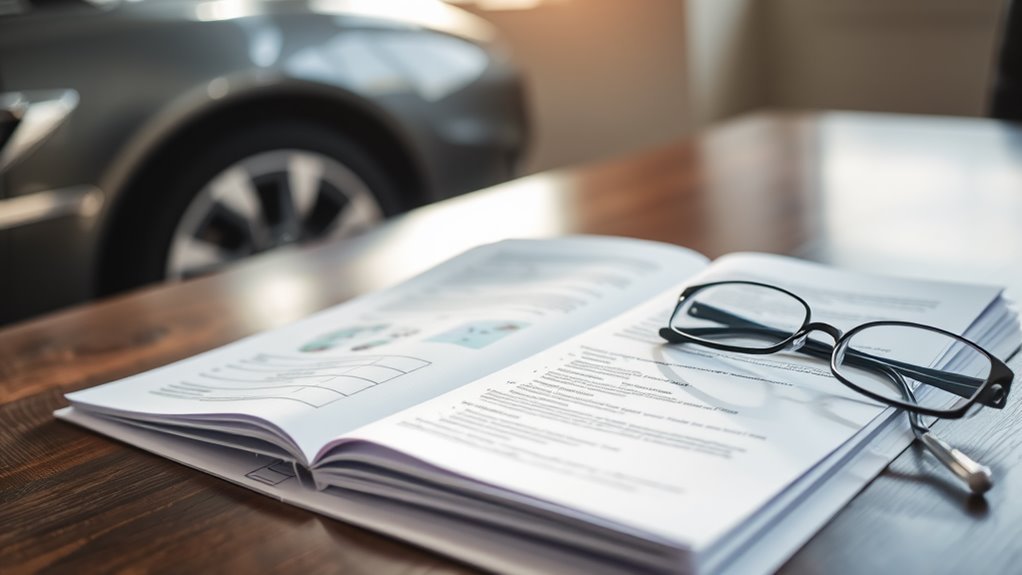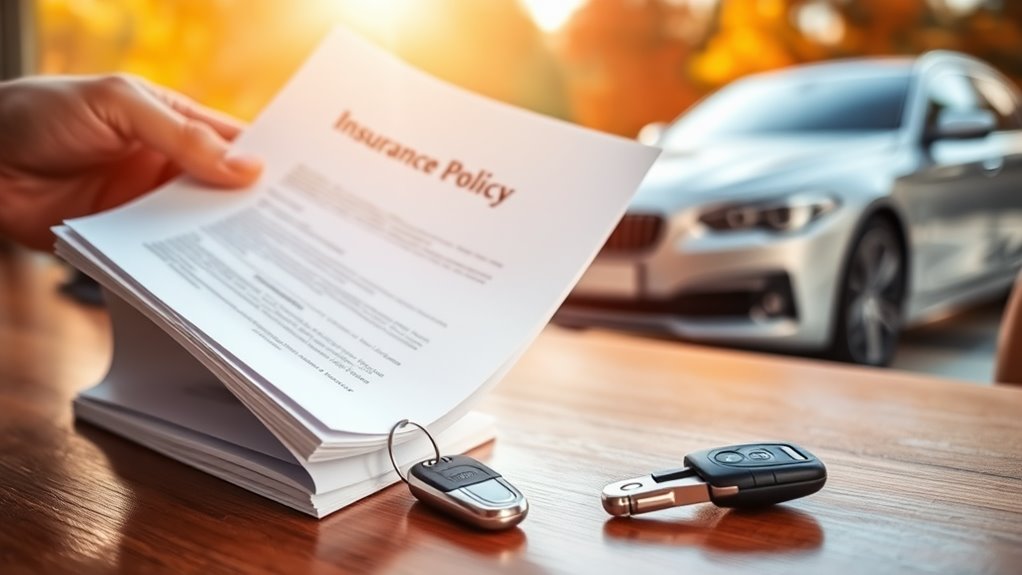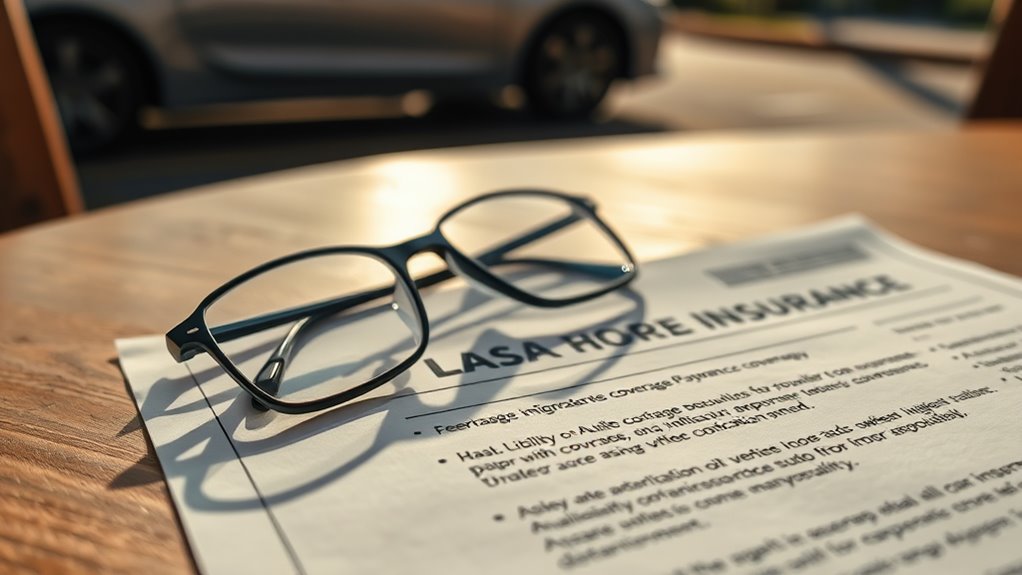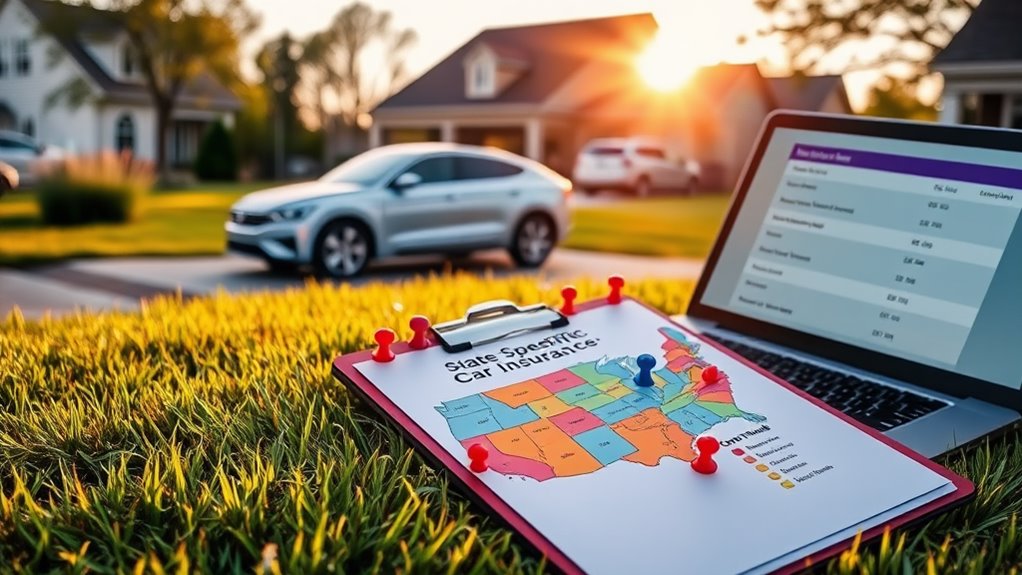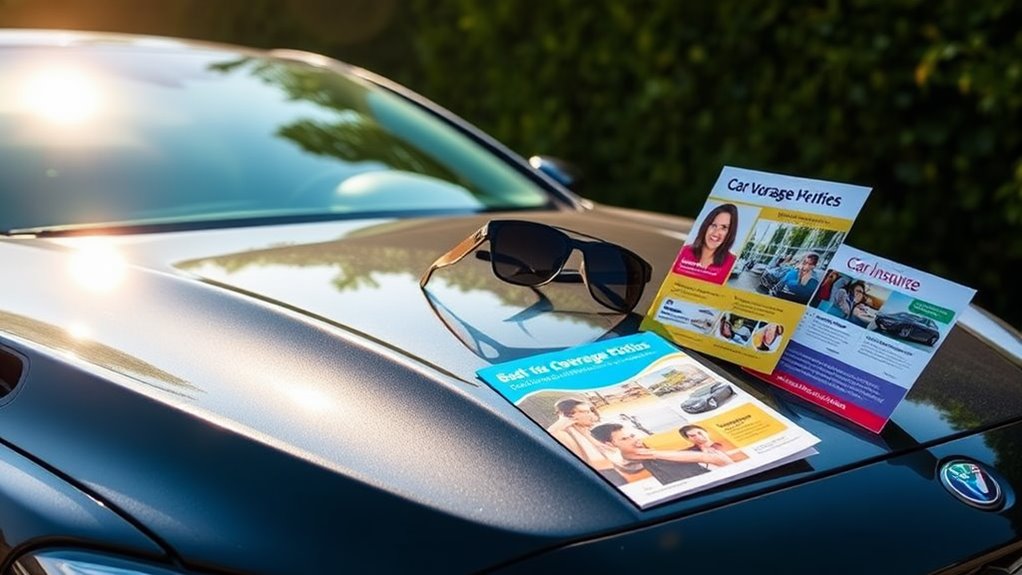When it comes to non-owner car insurance, state regulations can be quite complex. Some states don't require it at all, while others have specific mandates that you must follow. For example, if you're in Michigan and drive your vehicle for over 30 days, you'll need a No-Fault insurance policy. Understanding these nuances is essential, especially when considering potential penalties for non-compliance. So, what exactly do you need to know to stay compliant?
Maneuvering state regulations for non-owner car insurance can be complex, especially with varying requirements across different states. As you navigate these regulations, it's vital to understand that not all states mandate non-owner insurance, but having it can be significant for maintaining continuous coverage or fulfilling specific state obligations like SR-22 or FR-44 filings.
In states like Michigan, for instance, if you're a non-resident who drives your own vehicle for more than 30 days a year, you'll need to secure a No-Fault insurance policy from a Michigan insurer, which is separate from non-owner car insurance. This is crucial because Michigan's rule against out of state car insurance requires compliance for non-resident vehicle operation.
Non-owner car insurance primarily provides liability coverage, protecting you from damages you might cause while driving a vehicle you don't own. This includes coverage for injuries to others and damage to their property. However, it's essential to highlight that non-owner policies don't include collision or extensive coverage for the vehicle itself, which means you won't be protected against damages to the car you're driving.
Non-owner car insurance offers liability coverage for damages you cause while driving someone else's vehicle, but it doesn't cover damages to the car itself.
Additionally, if you frequently rent cars or use car-sharing services, keep in mind that your non-owner policy can help supplement the rental coverage, guaranteeing you meet or exceed state minimum requirements.
When dealing with company vehicles, non-owner insurance can also be advantageous. If you use a company car for personal activities, having this insurance can provide you with significant coverage that the company's policy mightn't cover. This scenario is particularly relevant for employees who may not own a vehicle but still need to drive for personal reasons.
Another vital aspect of non-owner policies is their role in maintaining continuous insurance coverage. If you've had previous infractions, such as a DUI, you may be required to carry an SR-22 policy, which can include non-owner insurance to help reinstate your license. This is essential for high-risk drivers who need to demonstrate a responsible insurance history.
Each state has its own unique regulations that can affect the extent and necessity of non-owner car insurance. While most non-owner policies meet the state's minimum requirements, you may want to take into account increasing your coverage based on your personal driving habits. For example, if you're a frequent driver of rental cars or engage in car-sharing, verify that your non-owner policy covers those situations adequately.
The benefits of non-owner insurance extend beyond mere compliance with state laws. It provides significant financial protection against potential lawsuits resulting from accidents, assists with medical expenses incurred during an accident, and helps maintain an uninterrupted insurance record, which could ultimately lead to reduced premiums in the future.
Conclusion
Maneuvering the landscape of non-owner car insurance can feel like steering through a maze, with each state presenting its own set of rules. It's essential to stay informed about your state's requirements to make certain you're not caught off guard. By maintaining continuous coverage and understanding mandates like SR-22 or FR-44 filings, you can avoid penalties and keep your driving privileges intact. Being proactive in this regard is your best strategy to safely navigate through the complexities of insurance regulations.
